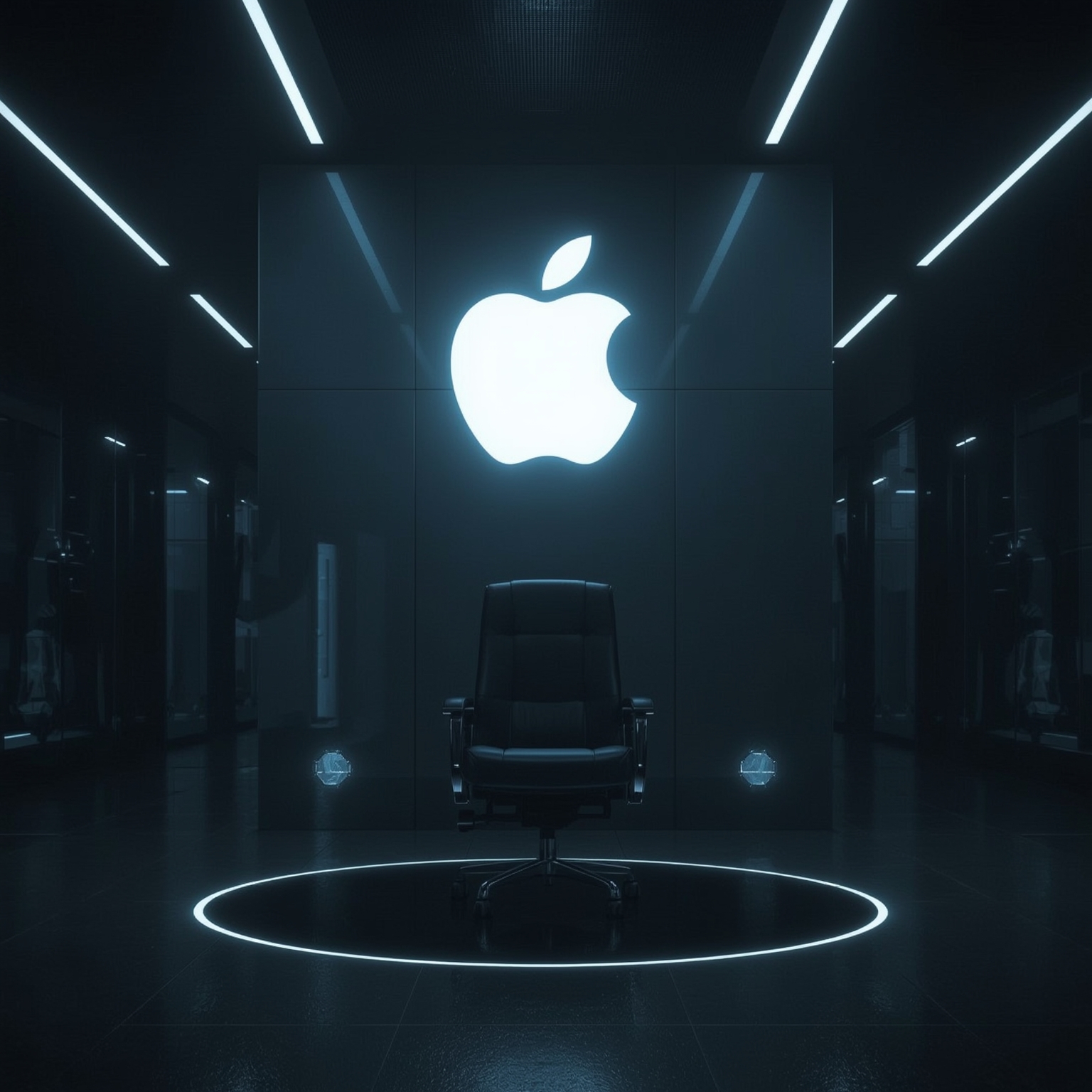Tim Cook, the long-serving and widely respected Chief Executive Officer of Apple, may be preparing to end his influential tenure at the helm of the world’s most valuable technology company. According to a recent report by the *Financial Times*, sources suggest that Apple has significantly intensified its internal succession planning efforts, fueling mounting expectations that Cook could formally step down from his position as early as next year. Now approaching his sixty-sixth birthday, Cook has guided Apple through more than fourteen transformative years, a period punctuated by record-breaking market valuations—measured in trillions of dollars—as well as a succession of public controversies and strategic challenges that tested both his leadership and Apple’s corporate ethos.
As speculation grows, analysts, employees, and industry observers are turning their attention toward the future and pondering who might succeed Cook to become only the third chief executive in Apple’s storied history, following the company’s visionary co-founder Steve Jobs. Over the years, several prominent names have circulated in discussions about the possible heir to Apple’s throne. Among them stand Craig Federighi, the charismatic Senior Vice President of Software Engineering whose dynamic stage presence and unmistakable mane of silver hair have made him a recognizable figure during Apple keynote events; Greg Joswiak, the seasoned Senior Vice President of Worldwide Marketing known for shaping Apple’s global branding and product messaging; and Jeff Williams, the meticulous Chief Operating Officer whose operational precision had once made him a favored internal candidate before his unexpected resignation earlier this year.
However, fresh reporting from the *Financial Times* indicates that John Ternus, currently Apple’s Senior Vice President of Hardware Engineering, has recently emerged as the leading contender in this high-stakes succession race. At fifty years old, Ternus is notably the youngest of Apple’s top executives and boasts nearly a quarter-century of continuous service with the company. His name first gained prominence in the context of succession following a 2024 *Bloomberg* report, which revealed that Cook held a favorable view of Ternus, noting his poise and ability to deliver compelling presentations. According to one anonymous source familiar with Apple’s executive team, Ternus is described as mild-mannered, deliberately cautious in his communications—particularly avoiding controversial statements in written correspondence—and inclined toward thoughtful, sometimes reserved, decision-making.
In recent years, Ternus has increasingly taken center stage during Apple’s major product announcements, symbolizing his rising influence within the organization. He had a commanding presence during the landmark unveiling of Apple’s first internally developed silicon chip, the M1, in 2020—a breakthrough that redefined Apple’s hardware strategy—and again when he introduced the much-anticipated iPhone Air earlier this year. These appearances underscored his direct involvement in the company’s most technically ambitious projects and his growing visibility as a public representative of Apple’s engineering achievements.
While Cook’s professional background is rooted in operations, supply chain optimization, and global manufacturing—a discipline that proved instrumental in driving Apple’s extraordinary profitability and logistical efficiency—Ternus represents a distinctly different leadership profile. His focus lies squarely in the realm of engineering and product design. Cook, who rose through the corporate hierarchy after joining Apple and eventually became Chief Operating Officer before assuming the CEO role in 2011, combined a business-oriented mindset with detail-oriented management skills. Conversely, Ternus brings a technologist’s lens to leadership, complemented by his academic training and practical experience in design and development.
A graduate of the University of Pennsylvania’s mechanical engineering program in 1997, Ternus began his career at Virtual Research Systems, where he contributed to the early development of virtual reality headset technologies—experience that deepened his understanding of ergonomics, hardware integration, and user experience. He transitioned to Apple in 2001, joining the product design team, where his technical acumen and collaborative approach earned him steady promotions. By 2013, he had ascended to a senior leadership position within the company’s hardware division, and in 2022, he was appointed to oversee all of Apple’s hardware engineering operations. Under his guidance, nearly every major hardware product—ranging from AirPods and Mac computers to iPads and iPhones—has borne traces of his influence and leadership.
For many within Apple’s vast and passionate community of users and investors, the potential elevation of Ternus to CEO could symbolize a refreshing return to Apple’s engineering-driven roots. Some critics have expressed frustration over what they perceive as a deceleration in the company’s pace of innovation during Cook’s stewardship. They argue that while Apple has continued to release new products regularly, many of these updates have been iterative or evolutionary rather than revolutionary, occasionally leading to public sentiment that the company’s creative spark has dimmed. This perception has been compounded by setbacks such as the underwhelming reception of the Apple Vision Pro—a highly publicized device that failed to capture widespread consumer enthusiasm—and Apple’s admitted lag behind competitors in advancing artificial intelligence technologies, exemplified by the delayed rollout of an AI-enhanced Siri.
Against this backdrop, appointing an engineer-first leader like John Ternus could mark a strategic and cultural inflection point for Apple. His deep familiarity with the company’s products, his lifelong immersion in Apple’s design philosophy, and his disciplined, understated leadership style might collectively enable him to address some of the criticisms directed at the current administration. Whether his approach will rekindle the bold spirit of innovation that once defined Apple’s most celebrated eras remains to be seen, but for now, many within the tech industry view him as the promising architect of the company’s next chapter—one that could blend Cook’s operational efficiency with a renewed devotion to creative, engineering-led excellence.
Sourse: https://gizmodo.com/apple-tim-cook-john-ternus-2000686619



